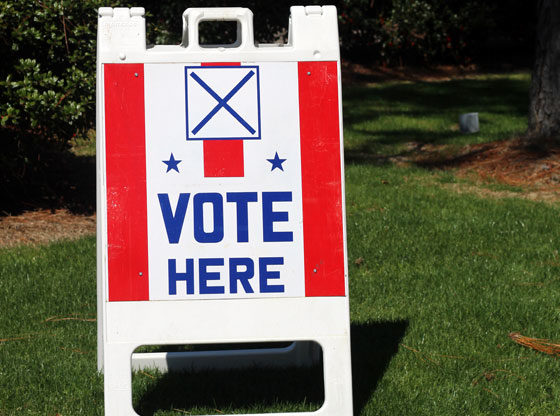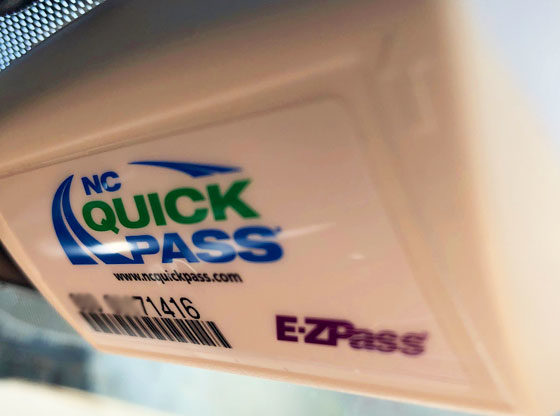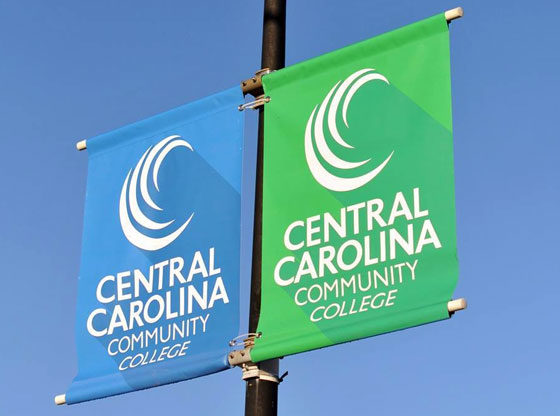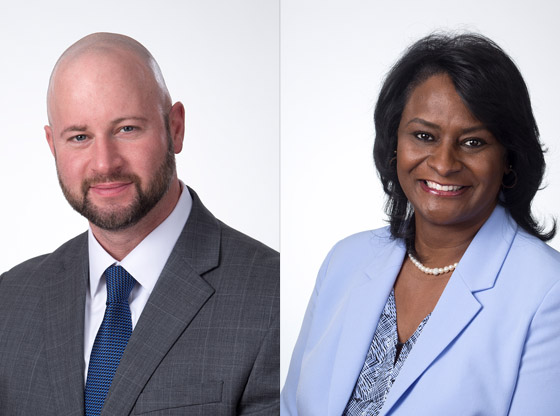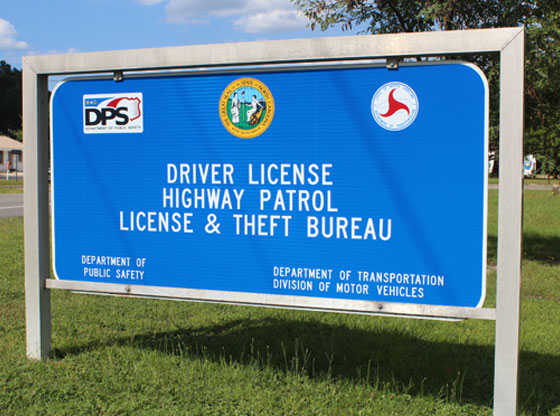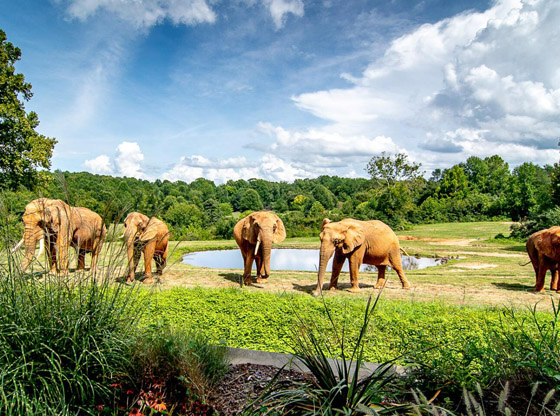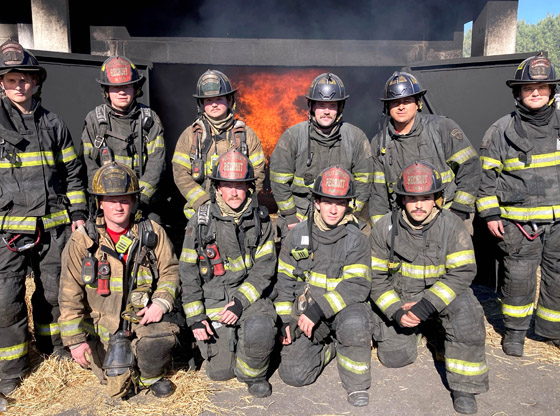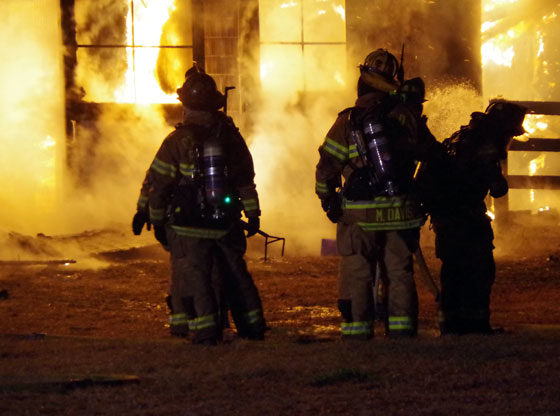RALEIGH, N.C. (AP) — North Carolina’s elections board won’t try to stop enforcement of a court ruling that would allow more convicted felons to vote this fall, state Attorney General Josh Stein announced Thursday. Legislators still could appeal last week’s decision, however.
Some trial judges declared that felony offenders who’ve completed their prison time, probation or parole can’t be prevented from registering to vote if only fines or restitution related to the crime still must be paid. That violates the state constitution, according to the judges’ rulings.
Lawyers in the Department of Justice that Stein leads represented the State Board of Elections and legislative leaders, all of which were defendants in a lawsuit filed by convicted felons and groups that help ex-offenders.
Senate leader Phil Berger and House Speaker Tim Moore were still evaluating whether to appeal, Berger spokesperson Pat Ryan wrote in an email. The law laying out current voting restoration rules was approved in the 1970s. Lawmakers could hire private attorneys for an appeal or direct Stein’s office to act on their behalf.
The lawsuit had demanded that all convicted felons who weren’t serving active prison time should be allowed to vote again. Had the judges ruled favorably, more than 56,000 non-incarcerated residents unable to cast ballots could have benefited. A much smaller subset of these offenders could take advantage of the narrowly expanded restoration rules that the judges ordered.
Stein said in a news release that the state elections board is identifying the qualifying individuals and ultimately would provide information to them on how to register. People who want to vote on Election Day or receive a mail-in ballot must register by Oct. 9. Others can register and vote at the same time at early in-person voting sites open Oct. 15-31.
Copyright 2020, The Associated Press. All rights reserved.


